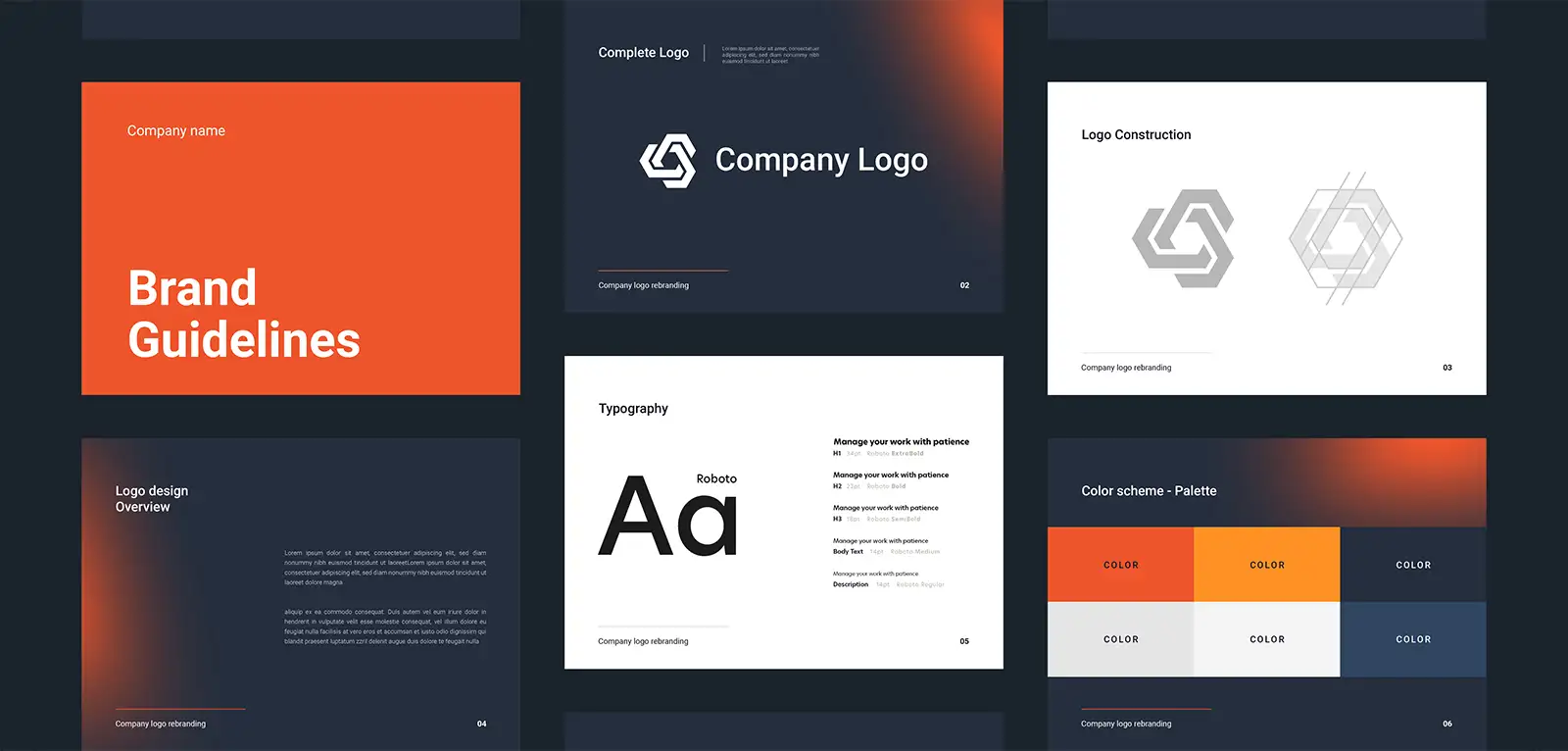Banners are meant to quickly grab attention and convey important messages at a glance. These signs are ideal for scenarios that require short, concise directions, such as sales events, grand openings, and trade shows. Highly durable materials are available, making banners perfect for storefronts, fence wraps, and outdoor events.
Follow these steps to design and print custom banners that get noticed.
Designing a custom banner
Designing banners the right way ensures that your message will come through quickly and clearly. To communicate effectively, plan the custom graphic design for your banner carefully.
Step 1: Keep the design simple
Banner copy should be short and sweet. The fewer words you add, the bigger you can make them. Fonts need to be as large as possible to catch people’s attention and be legible from a distance. Images can distract from the main message, so only incorporate them if they’re essential. Adding a small logo is okay if it doesn’t feel too busy or distracting, and it will help your banner feel on-brand.
Choose just two or three highly contrasting colors. This will help the banner copy stand out even more. Avoid adding too many colors, as this can make the words difficult to read.
Step 2: Decide how it will be displayed
You can hang custom banners vertically or horizontally. After figuring out the orientation, choose a display method your venue can accommodate. Here are a few common options for hanging hardware:
- Grommets: With grommets, the banner is manufactured with a metal ring in each corner. You can then loop a rope through the rings to suspend your banner in the air.
- Pole pockets: Pole pockets are created by folding and sewing the banner fabric at each end. A pole runs through each pocket to prop up the banner.
- Banner stand: You can set up this free-standing mechanism anywhere on the ground. The banner retracts, allowing you to pack up and relocate the stand for traveling displays. Banner stands are best for indoor use only.
Plan how you’ll display the banner before finalizing its design. The placement of grommets, pole pockets, and banner stands could potentially interfere with the copy or images. You should also account for wind slits if the banner will be displayed outside. Wind slits allow air to pass through the banner, putting less stress on the material to avoid fraying and damage.

Printing a custom banner
You want your banner to be clear, sturdy, and high quality. Printing service providers that specialize in banners, like PostNet, can help you select the right materials and hardware to maximize durability.
Step 1: Choose a material to print on
The right material (also called substrate) will depend on how long you need the banner to last and whether it’s going to be indoors or outdoors. Here are a few of the most common substrates:
- Vinyl (13 ounces): Vinyl is great for outdoor banners because it’s weather resistant. The material preserves highly pigmented colors for enhanced readability.
- Polyester or PVC mesh (8 to 10 ounces): These substrates are best for outdoor banners because wind and light can pass through easily. Mesh creates a hazy resolution, so the banner copy might only be legible from afar, but it will hold up to the elements well.
- Fabric: Fabric banners should stay indoors because they’re not fortified against harsh elements. They’re often seen in retail spaces. Businesses have their pick of canvas, stretchy, and wrinkle-free fabric banner options.
Step 2: Choose the banner’s size
You can make a custom banner as big or small as it needs to be. There are no limitations on banner size — you just want to make sure it’s big enough to be read at a distance. Larger venues need larger banners. A banner in a football stadium is going to be much larger than one in a conference room. And if you need to hang your banner up high, like from your building’s facade, be sure to factor in the distance from eye level.
Step 3: Choose the hanging hardware
Depending on what you plan to hang your banner from, you have a number of hardware options to choose from. Print shops near you will offer the following:
- Grommets
- Velcro
- Poles
- D-rings
- Retractable stand
- Adhesive squares (very light banners only)
Step 4: Work with a local print shop
Professional printing services can help you customize a banner that’s suitable for your venue and advertising goals. A team of professionals will ensure that the hanging hardware doesn’t interfere with your banner’s design. They can also recommend materials based on the size and location of your space. Using their extensive knowledge, professionals can make you a custom banner that’s fade resistant and super durable.
The professionals at PostNet can design and print custom banners for any business. Find a PostNet location near you to get started!




